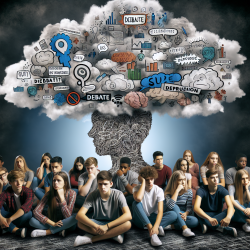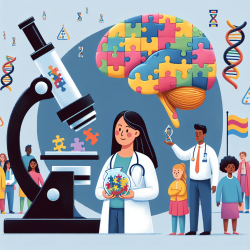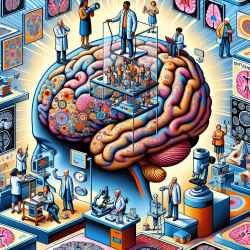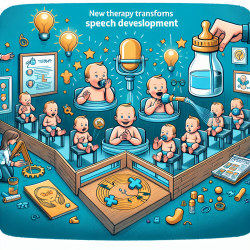Understanding the Impact of Political Beliefs on Adolescent Mental Health
In recent years, the mental health of adolescents in the United States has shown concerning trends, with increasing reports of internalizing symptoms such as depression and anxiety. A recent study titled The politics of depression: Diverging trends in internalizing symptoms among US adolescents by political beliefs sheds light on a potential contributing factor: political beliefs.
Key Findings from the Study
The study analyzed data from over 86,000 12th-grade students from 2005 to 2018, examining the relationship between political beliefs and internalizing symptoms. The findings revealed that while depressive symptoms increased across all adolescents, the most significant increases were observed among female liberal adolescents, particularly those with low parental education. Conversely, male conservative adolescents reported the smallest increases in depressive symptoms.
Implications for Practitioners
As practitioners working with adolescents, it's crucial to understand the diverse factors influencing mental health. The study highlights the importance of considering political beliefs as a potential factor in mental health assessments and interventions. Here are some practical steps practitioners can take:
- Incorporate Political Context: During assessments, inquire about the adolescent's political beliefs and the impact of current events on their mental health.
- Tailored Interventions: Develop interventions that consider the adolescent's political beliefs and how these may interact with their mental health.
- Education and Awareness: Educate adolescents and their families about the potential impact of political beliefs on mental health, fostering open discussions about current events and their emotional impact.
Encouraging Further Research
The study opens the door for further research into the complex relationship between political beliefs and adolescent mental health. Researchers are encouraged to explore:
- The mechanisms through which political beliefs influence mental health.
- The role of social media and digital news consumption in shaping political beliefs and mental health outcomes.
- Interventions that can mitigate the negative impact of political stressors on adolescents.
By understanding these dynamics, practitioners can better support adolescents in navigating the challenges of today's political climate, ultimately leading to improved mental health outcomes.
To read the original research paper, please follow this link: The politics of depression: Diverging trends in internalizing symptoms among US adolescents by political beliefs.










